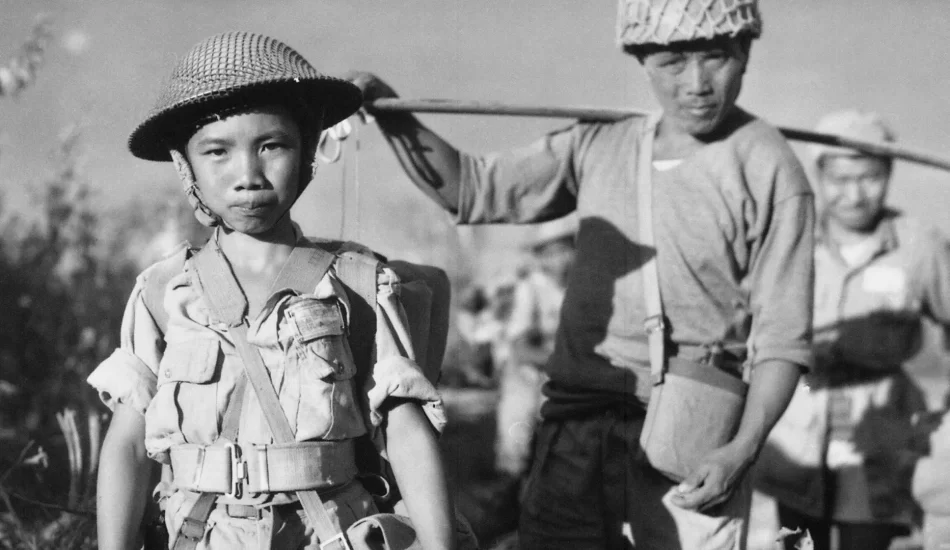The Korean War’s Impact on Korean Immigration

The Korean War, which lasted from 1950 to 1953, had a significant impact on the Korean people, including those who were forced to flee their homes as refugees. As a result of the war, many Koreans immigrated to other countries, including the United States, in search of safety and better opportunities. In this blog post, we will explore the effects of the Korean War on immigration to other countries and the United States for Koreans.
Effects of the Korean War on Immigration
The Korean War began on June 25, 1950, when North Korea invaded South Korea. The conflict soon escalated into a full-scale war, with the involvement of other countries such as the United States, China, and the Soviet Union. The war ended on July 27, 1953, with a ceasefire agreement, but a formal peace treaty was never signed, leaving the two Koreas technically still at war.
The Korean War had a significant impact on the Korean population, including displacement and the creation of refugees. According to the United Nations High Commissioner for Refugees (UNHCR), an estimated 10% of the Korean population was displaced during the war, with about 3 million people fleeing to other countries as refugees. Many of these refugees settled in nearby countries, including Japan and China. Others were able to immigrate to countries such as the United States, Canada, and Australia.
Immigration to the United States
Korean immigration to the United States began in small numbers in the early 20th century, but it wasn’t until after the Korean War that significant numbers of Koreans began immigrating to the United States. The Immigration and Nationality Act of 1965, which abolished the quota system and allowed for more immigrants from Asia, also contributed to increased Korean immigration.
The majority of Korean immigrants who came to the United States after the Korean War were sponsored by family members or by churches and religious organizations. They settled primarily in urban areas such as Los Angeles, New York City, and Chicago, where they established communities and businesses.
The effects of the Korean War on Korean immigration to the United States were not limited to those who were displaced by the conflict. The war also had a profound impact on the Korean economy, which was devastated by the conflict. Many Koreans sought opportunities abroad in order to provide for themselves and their families. Korean immigrants to the United States have since made significant contributions to American society, including in fields such as technology, business, and entertainment.
Conclusion
The Korean War had a profound impact on the Korean population, including those who were forced to flee their homes as refugees. The conflict led to the creation of a significant refugee population, many of whom were able to immigrate to other countries such as the United States in search of better opportunities. The effects of the Korean War on Korean immigration to the United States have been far-reaching, with Korean immigrants making significant contributions to American society in a variety of fields.
